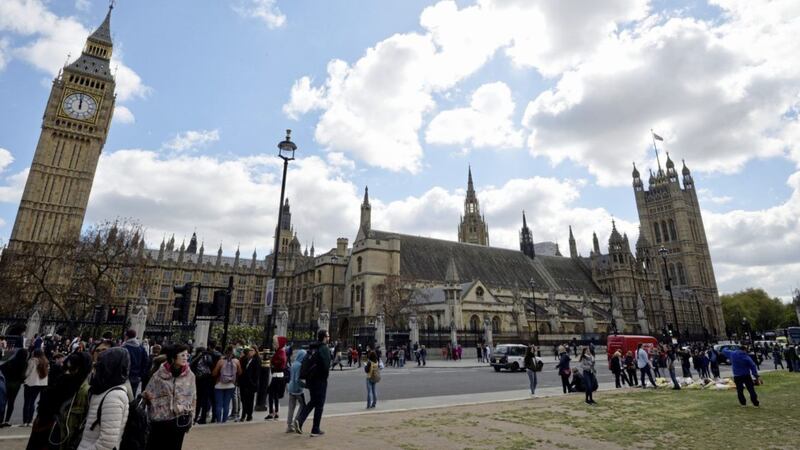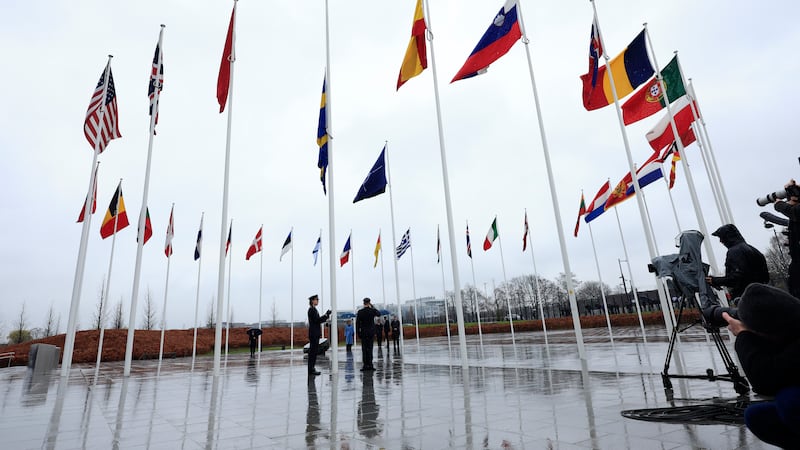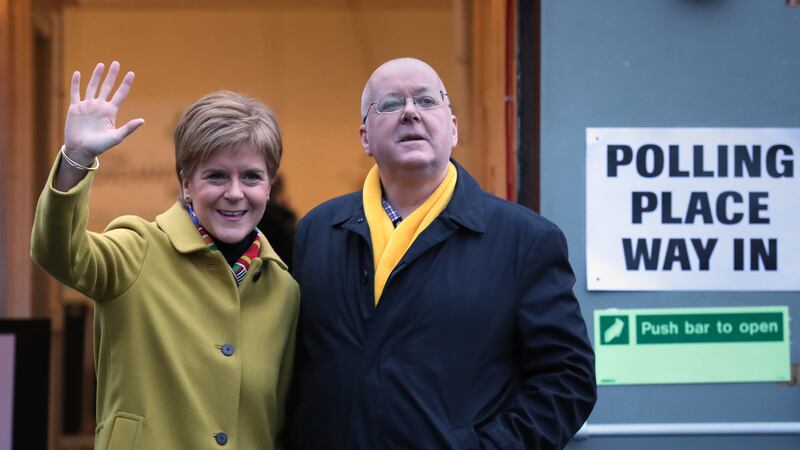JUST as our politicians were expecting another election, they have got one - but not the one they were expecting. Instead of a possible Assembly contest in the event of the talks collapsing at Stormont, they are now faced with a Westminster poll, which is likely to side-line the talks.
Modern tradition in Northern politics suggests that political agreement is reached after an election, not before it. This means that the Stormont talks have now been reduced to a single issue - the election - which is more likely to prompt division than agreement.
So what exactly is Mrs May hoping to achieve and how will it all pan out? There are three answers: one each for England, Scotland and ourselves.
In terms of English politics, the Prime Minister has made a clever move. No election is risk-free, but this one appears to carry fewer threats than most. To some extent it will be a re-run of the Brexit referendum.
A more united Conservative party will face an increasingly fragmented Labour Party, which still lacks clarity on Britain's EU membership.
Although seizing what she sees as an opportunity to rout Labour, Mrs May has her eye on bigger prizes.
A successful result will allow her to achieve a strong Commons majority, which will head off a likely rejection of the final Brexit deal by a rebellious House of Lords.
This in turn will allow her to determine how and with whom, Britain develops trade agreements.
More importantly, it will allow her to shape the nature of British society for a generation. If Mrs Thatcher began the job of moving Britain to the right, a significant election victory will allow Mrs May to finish it.
It will be different in Scotland, which poses Mrs May's greatest electoral threat. The Scottish Nationalists will use the election as a rehearsal for a referendum on national independence.
Fuelled largely by an anti-Brexit sentiment, the nationalists are likely to retain their commanding hold on Scottish politics.
The rebellious Scots rather than the rebellious Lords may prove more troublesome to Mrs May's Brexit plans in the long run.
Which just leaves Northern Ireland. It appears that this time around we are just an afterthought in the grand scheme of Conservative Party politics. Over here, the election will be about the border.
Much of that argument will be in the context of Brexit, but since elections here tend to take the constitutional out in us, we can expect a more than usual upturn in flag-waving on both sides.
Unionism needs a good election. Only some form of unionist pact can achieve that outcome, because, unlike in an Assembly election, there will be no room for transfer deals. Will new UUP leader, Robin Swann, sacrifice his party on the altar of unionist unity?
Either way he risks the UUP's future, particularly since uncertainty about Brexit in both unionist parties means it may be hard to get voters out. The DUP also faces a residual problem of electoral confidence in the now dying embers of the RHI scandal.
Sinn Féin has helped somewhat by moving the agenda on to issues such as the Irish language, leaving Arlene Foster on the firmer footing of border politics. On a personal and a party level, she must do well. This could be her last chance.
For Sinn Féin, it is likely to be business as usual. Its main challenge will be trying to win back Fermanagh and South Tyrone from unionism. Brexit may help its cause.
More interestingly, will the party continue to demand an Assembly election as part of its manifesto for a Westminster election - and, if so, could we have both on the one day?
Overall, it will be a pivotal election in three different parts of the UK. In theory, it offers a chance for cross-community consensus on Brexit to overcome traditional political differences.
But the harsh reality of sectarian politics and growing intransigence in Stormont will more likely combine to give us another traditional result - which will probably leave us at odds with the new political environments in England and Scotland.








